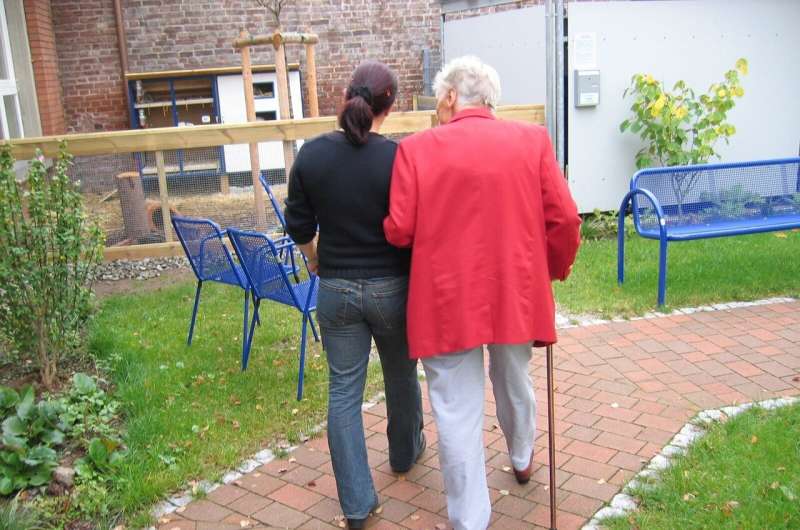This article has been reviewed according to Science X's editorial process and policies. Editors have highlighted the following attributes while ensuring the content's credibility:
fact-checked
trusted source
proofread
Telehealth study investigates reimbursements for rural health care delivery

A recent Mayo Clinic study published in the American Journal of Hospice and Palliative Medicine investigated how telehealth in palliative care may provide value for rural caregivers, health care teams and their patients. Palliative care is specialized medical care that focuses on providing relief from pain and other symptoms of a serious illness.
Researchers were particularly interested in determining what billing models were most cost-effective and sustainable for health care teams and caregivers transitioning patients from hospital to home care.
The study tested an 8-week program for rural caregivers of patients receiving palliative care. During that time, the caregivers interacted with registered nurses via video, receiving education, support and counseling.
Strengthening rural health care delivery
"For the study, we were trying to figure out what the cost of the intervention was compared to usual care and, if the intervention was effective, how cost-effective it would be to roll out more widely," says Joan Griffin, Ph.D., senior author of the study.
Researchers identified three Medicare reimbursement billing codes that could be used for reimbursement of this caregiver-focused telehealth effort that would be appropriate, manageable and acceptable to Medicare and Medicaid.
They then weighed the potential costs of the program versus those potential reimbursements to evaluate the overall impact of making such a program part of routine care.
"We're beginning to make some headway into possibly getting effective interventions into practice because there are now options for health care systems and providers to be reimbursed for these efforts," says Dr. Griffin.
According to Dr. Griffin, health care professionals involved in the intervention reported favorable experiences, revealing the potential for such a program to improve caregiver support and patient experiences.
Finding the greatest need
Dr. Griffin emphasizes that identifying avenues to reimbursement for programs like this ultimately will help caregivers and their health care teams face the challenges surrounding patients under palliative care.
"What health care professionals can take away is that there are strategies and avenues for interacting and connecting with family caregivers that are reimbursable and that the cost attached to this type of research may be less than people at first glance think," says Dr. Griffin.
"When we start looking at the next steps for this study, our biggest challenge will be to figure out who is in greatest need of this type of intervention and how we direct these types of services to those people."
More information: Brystana G. Kaufman et al, Implementation Costs of Technology-Enhanced Transitional Palliative Care for Rural Caregivers, American Journal of Hospice and Palliative Medicine (2023). DOI: 10.1177/10499091231156145





















